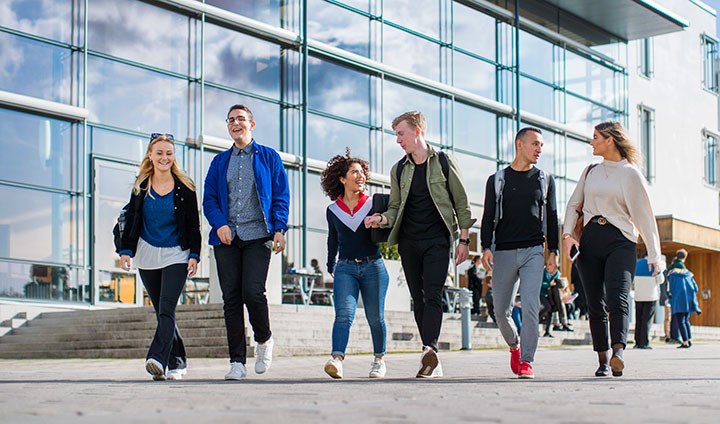Social transformation

Society faces great challenges such as environmental degradation, economic inequality, and social segregation. These challenges demand that society adapts, changes, and improves into a sustainable society.
How to create a sustainable society is a complex challenge and contested issue. We need more research on how different individuals, groups, organisations, and states perceive and deal with this challenge, but also what can and need to be done to create a sustainable society. This includes policy instrument choices, knowledge production and use, influencing consumption patterns, and integrating sustainability in education and business.
We need more knowledge on:
- How sustainable social transformation can be made possible and what it will entail
- Which actors can and should contribute to making social transformation of our society a reality
- How to deal with the social tensions, trade-offs, and challenges such transformation will bring
- What social transformation will mean for the everyday life of individuals, for business practices, and for government
- Why changes are still limited, despite strong evidence on the need for transformation
These are some of the research issues addressed by individual researchers, research groups, and centres within this research theme. By using various approaches and taking their departure in multiple academic disciplines, the researchers’ aim is to contribute to the creation of a sustainable future.
Leading research is conducted within the Centre for Environmental and Sustainability Social Science Research (CESSS), which brings together researchers from sociology, political science, and psychology with a common interest in how environmental challenges affect and are handled by various social actors.
The following are examples of research on social transformation performed within PSF@ORU:
- Research on youths and climate change. How youths feel about, deal with, and get engaged on the climate change issue and the social transformation this problem, and other sustainability issues, necessitates.
- Research on environmental governance, including institutional capacity-building, public-private collaboration, green public ethics, political consumerism, democracy, and citizen participation.
- Research on sustainable consumption. How current consumption practices and structures contribute to unsustainability and how to change these practices.
- Research on the role of expertise. How expert knowledge is created, combined, and used, and what knowledge is needed to create a sustainable future. Who are the experts and what are their roles and responsibilities in creating a sustainable future?
